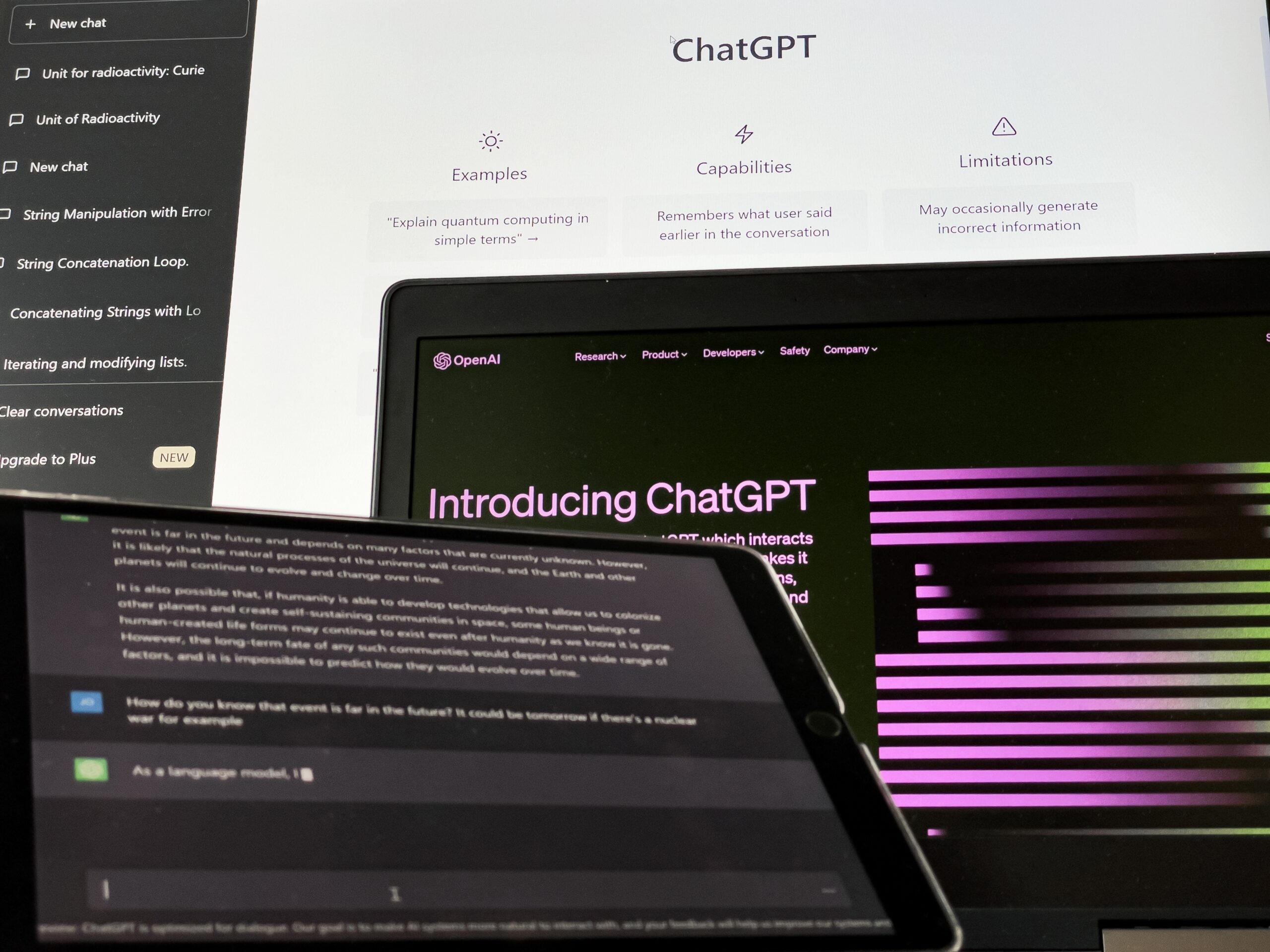The reliance on artificial intelligence (AI) for educational assistance has become increasingly prevalent.
However, recent reports and studies have highlighted a disturbing trend: students using AI tools, such as ChatGPT and Google Bard, are often receiving incorrect information. This phenomenon, known as “hallucinations” in the tech world, raises significant concerns about the reliability of AI in academic settings.
Wrong answers from artificial intelligence (AI) products have become a nightmare for learning institutions, where users rely heavily on ChatGPT and Google Bard, among other tools, for academic and content writing.https://t.co/USh995DdjN
— BusinessDaily (@BD_Africa) November 13, 2023
The issue has gained enough traction that several learning institutions are reevaluating the role of AI in education.
AI’s hallucinations: A threat to learning
The term “hallucination” in the context of AI refers to the tendency of large language models (LLMs) like ChatGPT and Google Bard to produce incorrect or misleading answers. These errors range from minor inconsistencies to major factual inaccuracies.
For instance, when asked to list African countries starting with “K,” these AI tools incorrectly included nations like Comoros and Cape Verde alongside Kenya, the only correct answer. Such inaccuracies have led to concerns among educators and technology experts about the potential negative impact on students’ learning.
Also read: Microsoft Unveils AI Tools to Improve Education
Experts like Accadius Ben Sabwa, managing director of Davacc Tech Limited, and Shikoli Makatiani, executive director at Turnkey Africa Limited, have emphasized the significance of understanding how these AI models are developed. They note that the AI’s learning process is based on predicting the next word in a sequence, which can lead to errors if the model lacks training in specific, localized data. This explains why AI might generate responses that are inaccurate or out of context.

Consequences in academia
The unreliability of AI-generated information has prompted several universities to limit the use of tools like ChatGPT. They argue that these hallucinations pose a threat to the quality of education. Students heavily reliant on AI for learning might graduate with a flawed understanding of basic facts, adversely affecting their future professional performance. The need for new standards in AI usage is becoming increasingly apparent in academic circles.
Purdue University’s study on ChatGPT’s responses to software programming questions illustrates the severity of the issue. Their research revealed that over half of ChatGPT’s answers were incorrect, yet they were often preferred due to their comprehensive and articulate style.
According to experts, this finding underscores the danger of relying on AI for accurate information, as users may be swayed by the authoritative tone of the responses, regardless of their correctness.
Mitigating AI hallucinations
To address these challenges, experts suggest that users, including students, should learn to ask more precise questions and engage in follow-up inquiries to probe the AI model’s reasoning.
Makatiani advises training individuals on how to effectively prompt AI to ensure accurate responses. Additionally, there’s a growing emphasis on tuning AI models to align with specific local contexts and data, enhancing their reliability and relevance.
The rise of AI in educational contexts has brought both opportunities and challenges. While these tools offer the potential for enhanced learning experiences, the prevalence of incorrect answers poses a significant risk to the integrity of education. It is imperative that both users and developers of AI technologies remain vigilant and proactive in addressing these issues to safeguard the quality of education in the digital era.









 and then
and then